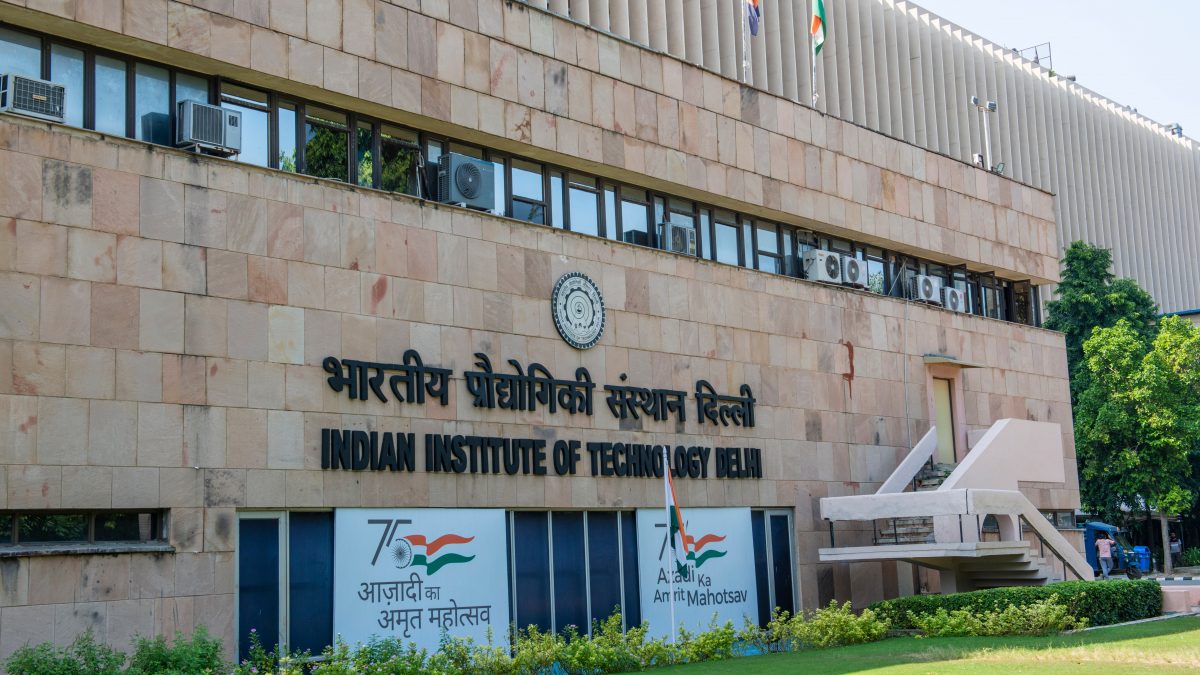Ayush Singhal, a 25-year-old PhD student in Biomedical Engineering at IIT Delhi, was found dead in his hostel room on Wednesday. His family, who remember him as a bright and diligent scholar with aspirations to advance biomedical research after initially studying dentistry, do not believe he died by suicide and suspect other causes instead.
“He had returned from AIIMS, where he was working on a project, had his dinner, and went for a walk with a friend. On Wednesday, when we couldn’t get in touch with him, we informed the university,” said his maternal uncle, Harish Garg.
He said, “There were anti-vomiting medicines and a bottle of ORS near him. It looked like he had tried to clean up vomit beside his bed”.
Singhal’s PhD research was based at IIT Delhi, with much of his lab work conducted at AIIMS. After the administration intervened, his room door was forcibly opened, and he was found unresponsive on his bed. There were no visible external injuries, but vomit on the floor suggested possible health complications.
“It could be food poisoning or a heart attack. We will know more after the post-mortem,” Garg said.
The family is awaiting the outcome of the post-mortem at Safdarjung Hospital. His mother fainted at the hospital due to the shock. Singhal is survived by his mother and younger sister; his father, a dentist, passed away in 2002.
Impact Shorts
More ShortsIIT Delhi officials expressed deep grief over the incident and extended full support to the family. Dean of Student Affairs, Professor BK Panigrahi, is reported to have written an email to students, urging them to seek counselling if needed and emphasised the importance of supporting each other during this difficult time.
This death has drawn attention to a worrying pattern on the IIT Delhi campus, where several students have died under similar circumstances. Official records, cited in media reports, indicate that at least 12 students have died on campus between 2006 and 2024, with many cases involving isolation and delayed discovery of the body. The majority were male students, and the deaths span undergraduate to PhD levels, with some ruled suicides and others under investigation.
Current and former students describe a culture of intense academic pressure and social isolation, especially among PhD scholars, who often have small social circles confined mostly to their labs. Safety protocols limiting hostel room access have inadvertently reduced peer interaction, making it difficult to check on students who become unresponsive.
One PhD student, quoted by The Indian Express, said, “The life of a PhD student is completely different in an IIT. We are in our own world and more isolated than the rest of the MTech or BTech students. Our social circles are small, and mostly our peers in the labs would know more about what is happening with us than the ones in the hostel or other friends on campus.”
Following up on previous demands, IIT Delhi had commissioned an external committee to examine the institutional environment related to student suicides. The report, submitted in August 2024, highlighted high academic pressure, toxic competitiveness, and also indicated caste and gender discrimination as key issues. However, the institute only publicly acknowledged these findings in April 2025 and is now working on a comprehensive action plan to improve student support structures.
The circumstances surrounding Ayush Singhal’s death remain under investigation by the Delhi Police, with the post-mortem report awaited to clarify the cause. Family and friends have not raised suspicions of foul play, but the family’s doubts about suicide persist.


)

)
)
)
)
)
)
)
)



